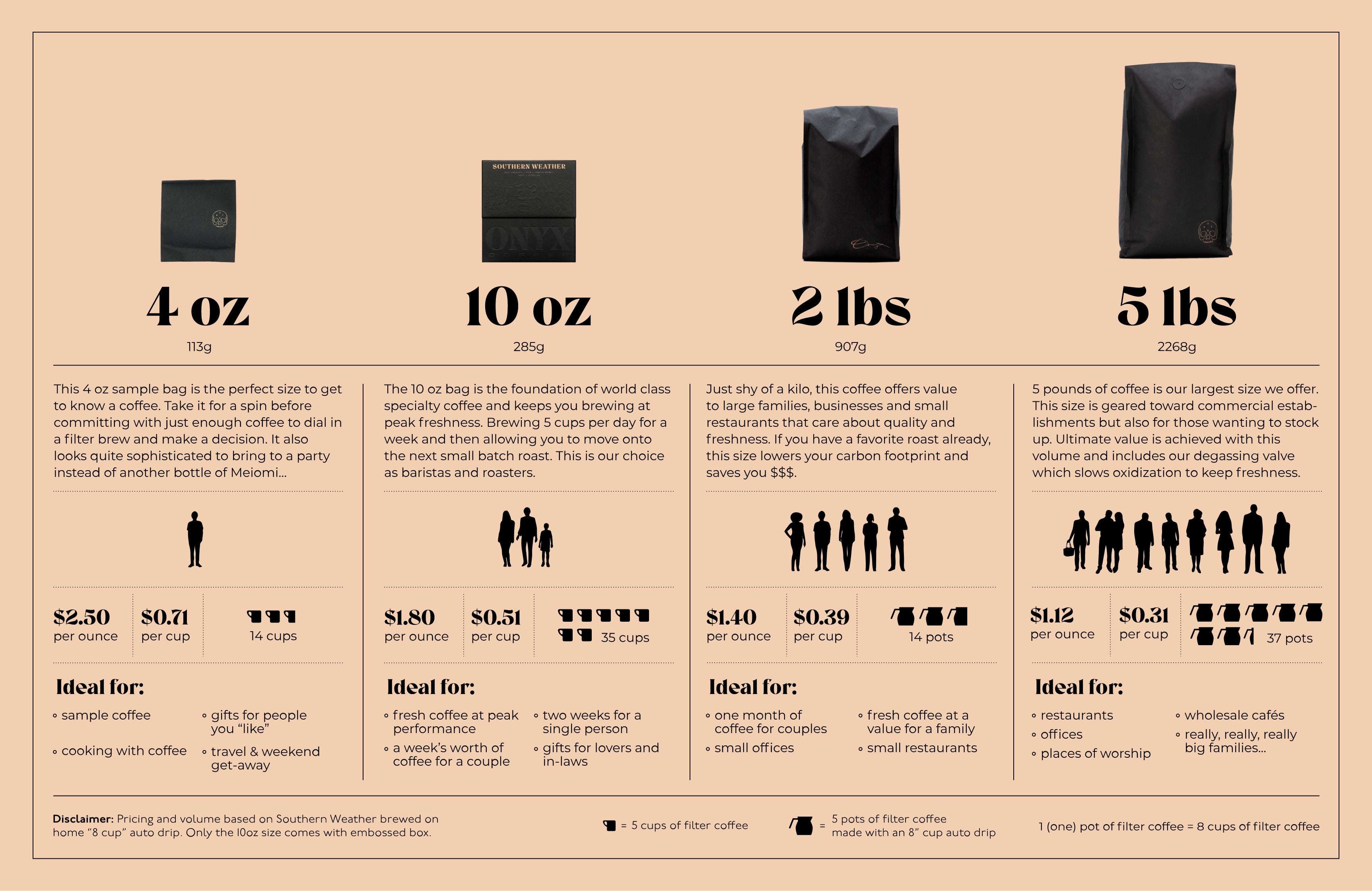Story
Gladys Cruz is 56 years old and has been a coffee farmer for the last 6 years. Her original idea was to find a farm for retirement, but once she bought her plot of land and realized all the coffee trees it had she grew an interest in the crop. Thus, she began to learn more about growing coffee and quickly became involved in the industry. Her farm, Villa Gladys, is located in the San Cayetano Village and is roughly 1 hectare with 2200 coffee trees. When Gladys bought the farm she also decided to build several rooms in the house and nowadays she offers a renting opportunity for visitors.
Doña Gladys lives by herself and she is proudly the only one in charge of the farm. During harvest, she hires employees to help her with some labors and unfortunately, this is where she has found some difficulties. As a consequence of inexperience and a lack of knowledge in the field, some of the workers tend to damage the crops when pruning and picking coffee. Our Neighbors & Crops program has been a great alternative by supporting her with our trained team of pickers. In the past, Doña Gladys sold her coffee to the Cooperative of Cachipay, a nearby town, but this is her 3rd year in the program and she tells us she is happy with the results she has seen thus far!
LACTIC PROCESSING
Time, temperature, pH, and Brix all play into this unique processing method. A common misconception is that this method is processed using the addition of lactobacillus, a yeast strain, or by the addition of Lactic acid. The real process is a nuanced limited oxygen pre-fermentation in a sealed tank, allowing the bacteria and yeast to consume the mucilage within the cherry, producing lactic acid and therefore changing the final cup profile. After the fermentation, this coffee is depulped and dried on raised parabolic beds where dry heat is pumped in to aid the drying process during the cold and humid nights.
LA PALMA Y EL TUCÁN
La Palma y El Tucán. The name has become synonymous with high-quality competition-grade coffees, but for our green buyer, it means another thing: home. Dakota spent three months living in one of the nine cabins built on the grounds of La Palma Y El Tucán, working alongside the team there to facilitate a coffee experience unlike any other for guests visiting the farm. During his time there, he experienced their dedication to quality and the constant innovation taking place in all aspects of the farm. The guidance and teaching from each of La Palma's staff members were integral to leading Dakota to the Onyx team, who has had a relationship with La Palma y El Tucán since early 2013.
Felipe and Elisa started La Palma y El Tucán with the vision to produce small, perfect quantities of some of the world's favorite coffee varieties. The farm has a unique layout with each variety planted in an artful way that encourages exceptional production and is also beautiful. The coffee is picked as it ripens by a team of women whose job it is to choose only the best cherries, making pass after pass, day after day. La Palma's farming practices and their wet mill is designed to showcase how fermentation can encourage coffees to create flavors you could only dream of.
In the last few years, they've started a project called Neighbors & Crops, a program that consists of buying coffee from the surrounding farms and processing it in their state-of-the-art mill. By teaching agronomy, cherry selection, and giving organic fertilizer to neighbors, they have lifted both the quality of life and quality of coffee in their region. This coffee is the product of that partnership.



